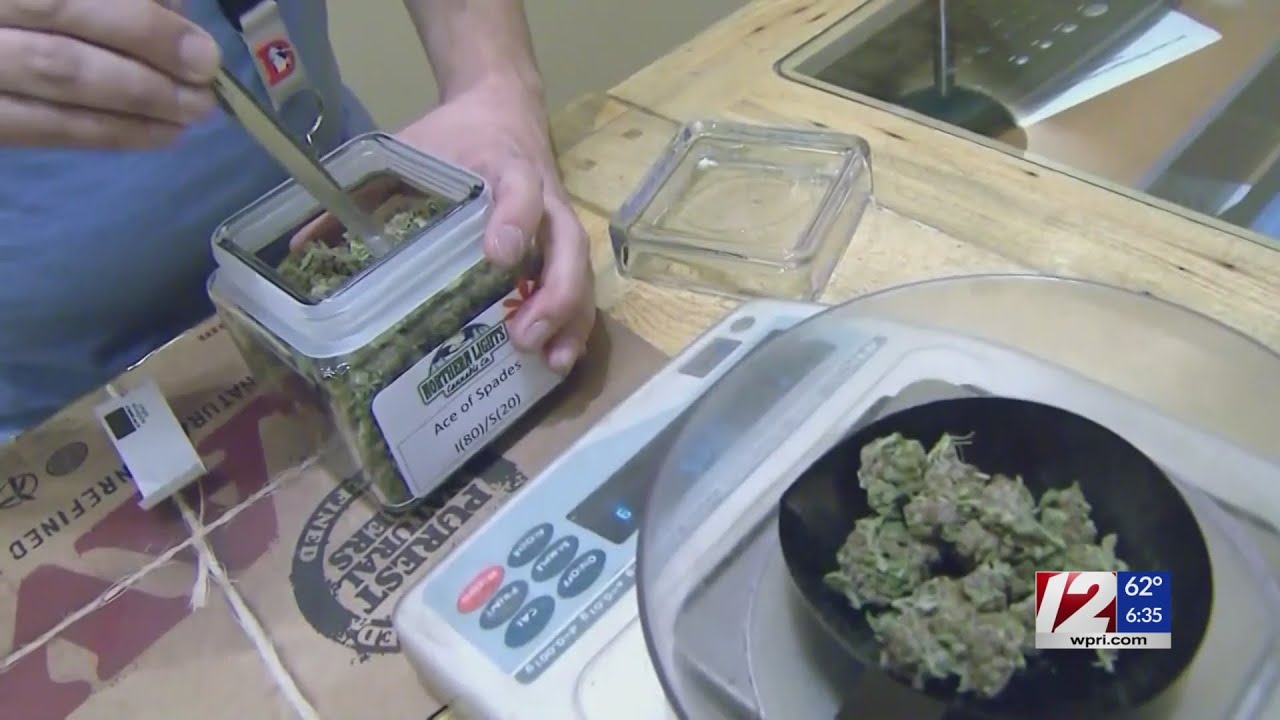Introduction: Current Status of Marijuana Legalization in Rhode Island
Marijuana legalization has been a topic of considerable debate and discussion in Rhode Island in recent years. As of now, marijuana remains illegal for recreational use in the state, although it is decriminalized, with small possession offenses resulting in civil penalties rather than criminal charges. Medical marijuana, on the other hand, has been legal in Rhode Island since 2006, allowing patients with qualifying conditions to access cannabis for therapeutic purposes.
Historical Overview: Previous Attempts to Legalize Weed in Rhode Island
Rhode Island has witnessed several attempts to legalize marijuana in the past, reflecting the shifting attitudes towards the plant. In 2015, a bill to legalize recreational use of marijuana was introduced in the state legislature, but it failed to gain sufficient support to pass. Similar efforts were made in subsequent years, but none managed to reach fruition. However, these unsuccessful attempts served as an important foundation for future legislative endeavors.
Recent Developments: Legislative Efforts for Marijuana Legalization
In recent years, there has been increasing momentum towards the legalization of marijuana in Rhode Island. In 2019, Governor Gina Raimondo proposed the legalization of recreational marijuana as part of her budget plan, signaling a significant shift in the state’s political landscape. While the proposal did not materialize, it demonstrated the growing interest and support for marijuana legalization among policymakers.
Key Players: Advocacy Groups and Their Influence in Rhode Island
Advocacy groups play a pivotal role in shaping the conversation around marijuana legalization in Rhode Island. Organizations such as Regulate Rhode Island and the Marijuana Policy Project have been at the forefront of the legalization movement, advocating for responsible regulation and addressing the social and racial justice aspects of marijuana prohibition. Their influence, combined with grassroots efforts, has been instrumental in garnering support for legalization within the state.
Potential Benefits of Marijuana Legalization in Rhode Island
Advocates for marijuana legalization highlight various potential benefits for Rhode Island. One significant advantage is the economic impact, with the creation of a regulated cannabis industry projected to generate substantial tax revenue and job opportunities. Legalization also has the potential to address racial disparities in marijuana-related arrests and convictions by eliminating the criminalization of cannabis possession. Additionally, it could provide a safer and regulated market for consumers, ensuring product quality and reducing the risks associated with the illicit market.
Potential Challenges and Concerns Regarding Marijuana Legalization
Despite the potential advantages, there are also concerns surrounding the legalization of marijuana in Rhode Island. Opponents argue that it may lead to increased use, particularly among youth, and potential negative health consequences such as addiction and impaired driving. Some worry about the impact on public safety and the potential for marijuana to serve as a gateway drug. Additionally, there are concerns about the ability of law enforcement to enforce regulations effectively and the need for comprehensive education campaigns to ensure responsible use.
Public Opinion: Support and Opposition to Marijuana Legalization
Public opinion regarding marijuana legalization in Rhode Island has been evolving over time. According to a public opinion poll conducted in 2019, around 61% of Rhode Islanders supported the legalization of recreational marijuana. This indicates a significant shift in attitudes compared to previous years. However, opposition remains, with concerns about potential societal and health consequences. Public opinion continues to be an influential factor in shaping the legislative landscape surrounding marijuana legalization.
Comparative Analysis: Marijuana Legalization in Neighboring States
The status of marijuana legalization in neighboring states has implications for Rhode Island. Massachusetts and Maine have already legalized recreational marijuana, creating potential challenges and opportunities for Rhode Island. The legalization of marijuana in these states has led to cross-border sales and increased calls for Rhode Island to follow suit. Observing the outcomes and experiences of neighboring states can provide valuable insights to inform Rhode Island’s approach to legalization.
Impact on the Economy: Projected Financial Benefits for Rhode Island
Marijuana legalization in Rhode Island is expected to have a positive impact on the state’s economy. Projections suggest that a regulated cannabis market could generate significant tax revenue, which could be allocated towards education, infrastructure, and public services. Job creation is another anticipated benefit, with opportunities in cultivation, retail, manufacturing, and ancillary services. Additionally, legalization could attract tourism, further boosting the state’s economy and local businesses.
Impact on Public Health: Potential Effects of Marijuana Legalization
The potential impact of marijuana legalization on public health remains a topic of concern and study. While advocates argue that legalization could lead to better regulation and safer consumption, opponents worry about the potential for increased use and associated health risks. Research is ongoing to understand the effects of marijuana on mental health, addiction, and driving impairment. Public health initiatives, education campaigns, and strict regulations will be crucial in mitigating potential negative consequences and ensuring responsible use.
Regulatory Framework: Proposed Legislation and Regulations in Rhode Island
Several legislative proposals have been put forth to outline the regulatory framework for marijuana legalization in Rhode Island. These proposals often include provisions for licensing and regulation of cannabis businesses, taxation mechanisms, and measures to address social equity and justice issues. While specific details may vary, the proposed regulations typically aim to create a system that balances commercial interests, public health and safety, and social equity considerations.
Anticipated Timeframe: Predictions for the Legalization of Weed in Rhode Island
Although the exact timeline for the legalization of marijuana in Rhode Island remains uncertain, there is growing optimism that it may occur in the near future. With neighboring states already legalizing recreational marijuana and the increasing public support for legalization, policymakers in Rhode Island are under pressure to act. While some predict that legalization could be achieved within the next few years, others suggest that it may take longer, as further research, public input, and legislative deliberation are necessary. Ultimately, the anticipated timeframe for the legalization of weed in Rhode Island will heavily depend on political will, legislative processes, and stakeholder collaboration.




